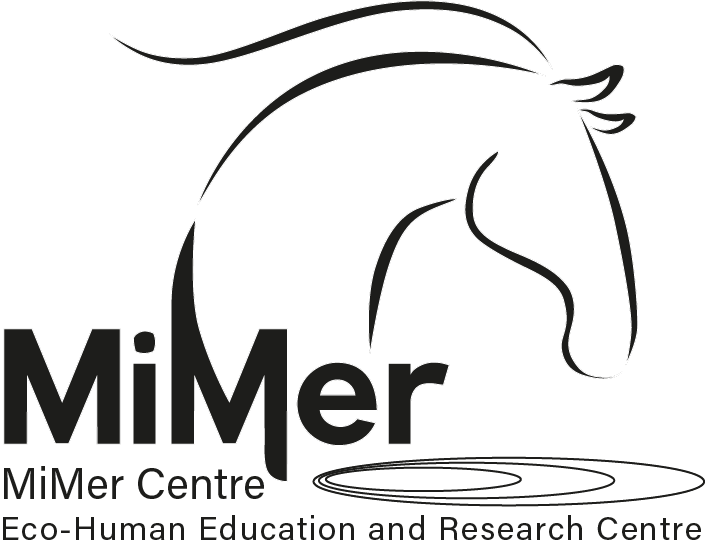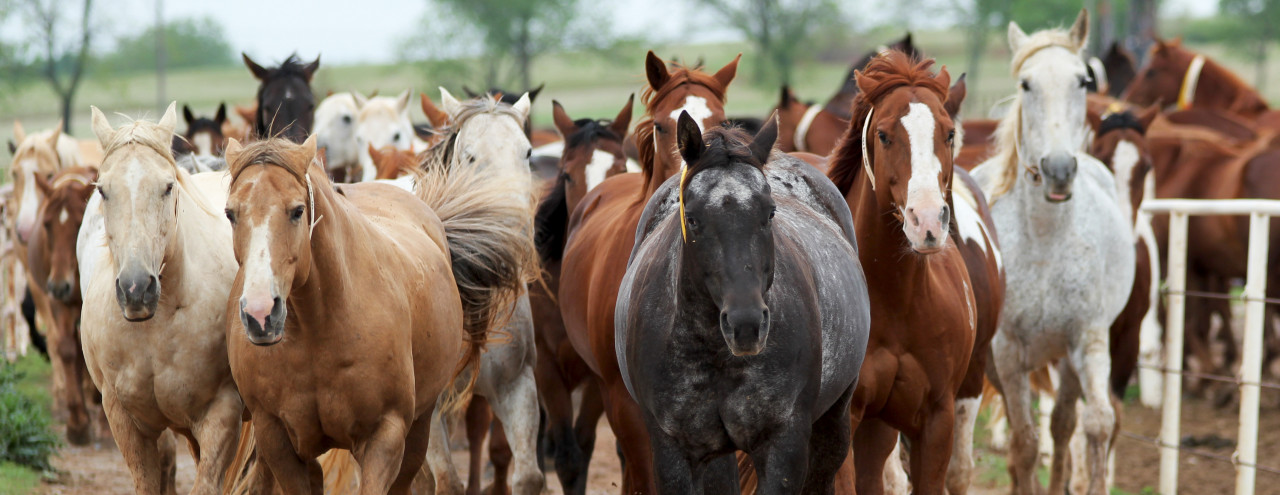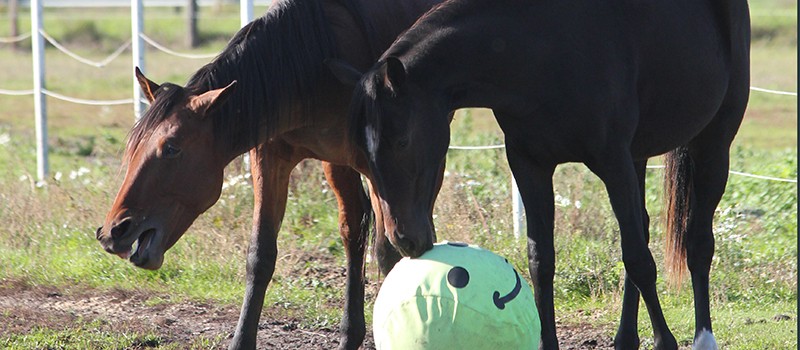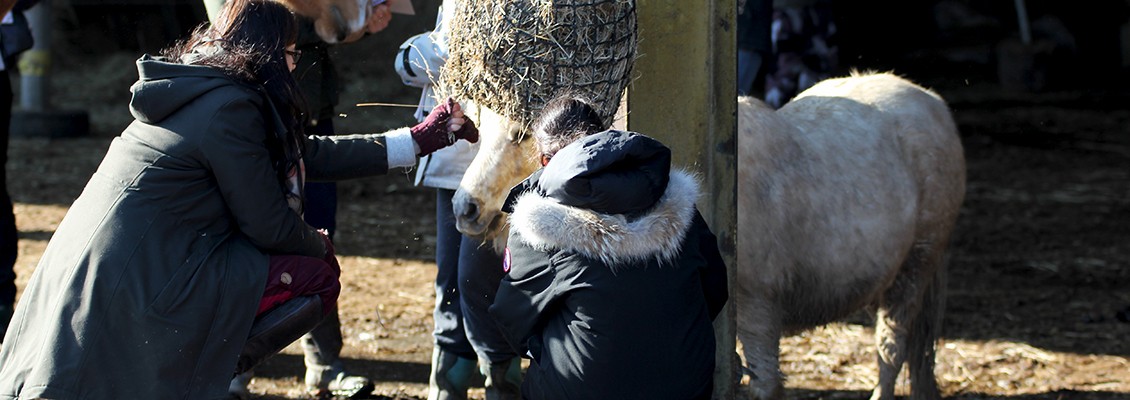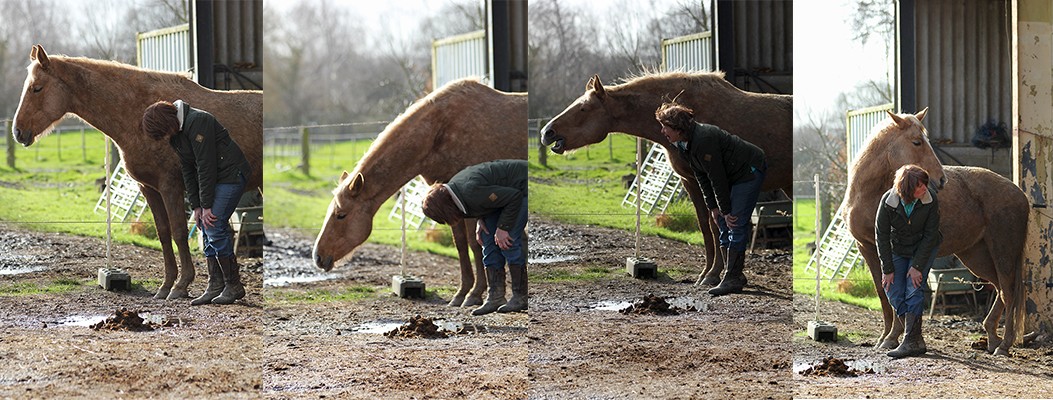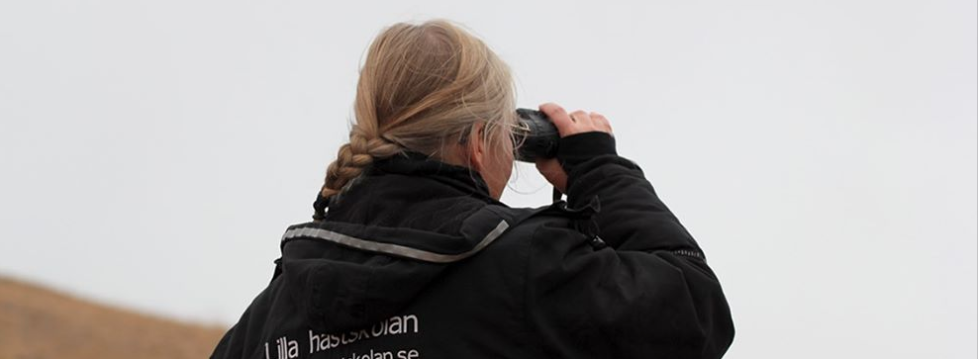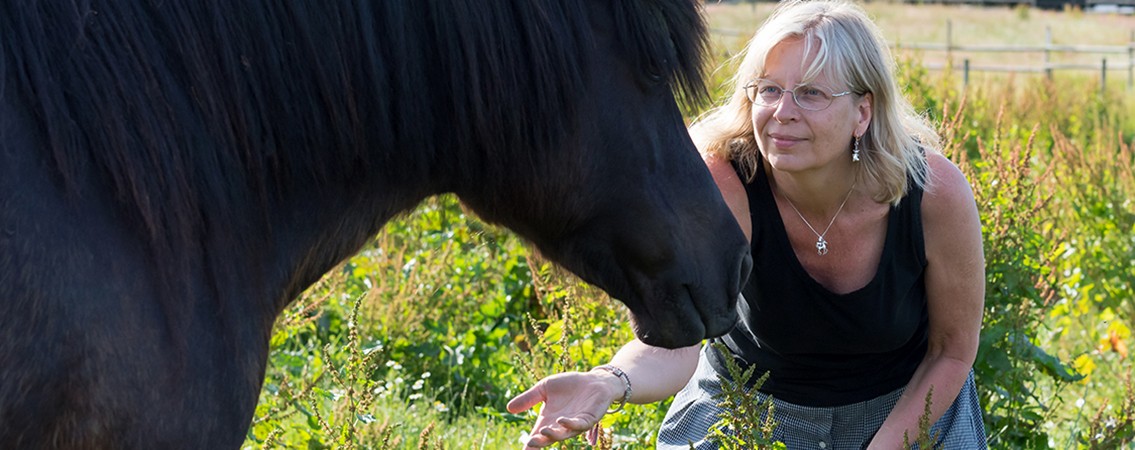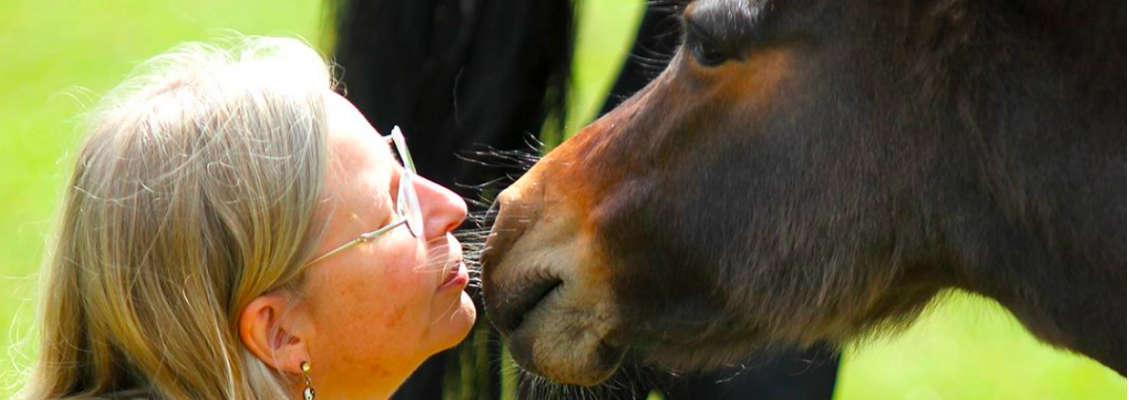Cohesion, Synchrony, Swarm Intelligence, and Hierarchy – Group-Structure and Dynamics in Horse Bands
Social animals live in groups, that include horses, as well as dogs and humans. So what do these group structures look like? How are they organized? What principles do they follow? Humans have for a long time wanted to see and prove hierarchy structures in other species, besides our own, but are hierarchies really there, in the way many of us think of them? If they are, what purpose are they then serving? Or are they just a misunderstanding from our side? First of all, I think we mix things up. Other animals, besides humans, are living, spending their lives in different kinds of groups. That i...
